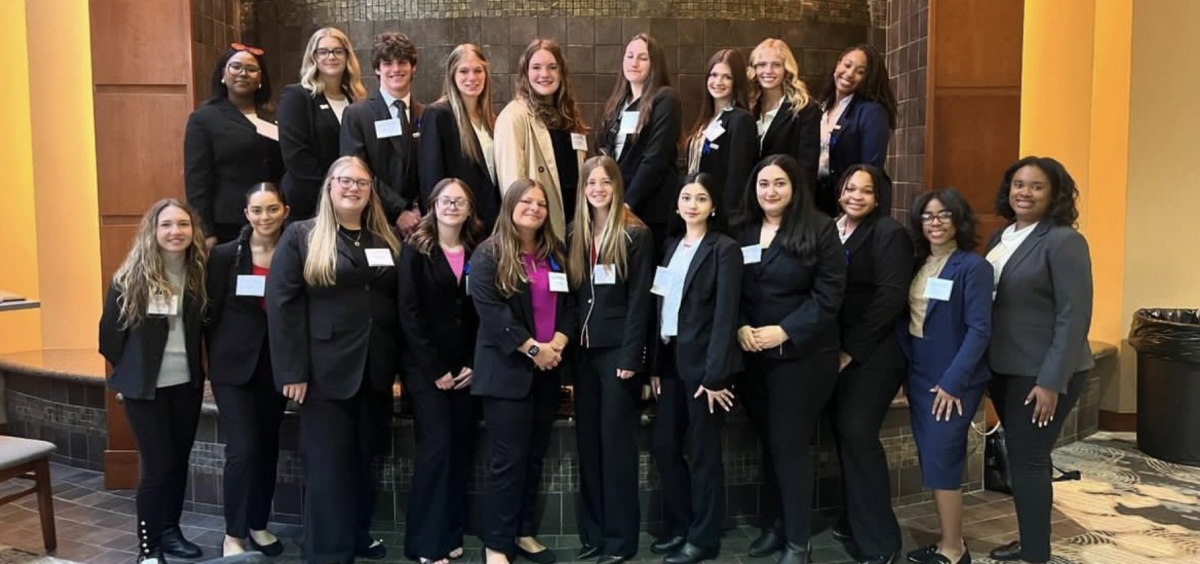By Lauren Carbonara
Whether or not students are required to say the Pledge of Allegiance in school, most know the oath by heart. Should students, then, be required to say the Pledge during school hours? Just last year, a law was passed requiring all Michigan public schools to say the Pledge sometime each school day.
There are many people who agree with the new law and some who are indifferent to it, but many also cannot say the Pledge for one reason or another. The First Amendment guarantees five freedoms, one of which includes freedom of speech. Some argue that the new law requiring the Pledge to be said in schools violates the First Amendment.
Jehovah’s Witnesses, who are best known for preaching door to door, are not allowed to salute the flag or anything else that could be considered an idol, which makes them unable to say the Pledge.
“I stand. I show respect, but I do not give my allegiance to the Pledge,” senior and Jehovah’s Witness Andrew Sokolowsi said.
In 1943, the West Virginia State Board of Education v. Barnette Supreme Court case decided that because of the Free Speech Clause, students must be protected from being forced to say the Pledge of Allegiance in school.
While schools still do not force every student to participate in the reciting of the flag, one of the advantages of Separation of Church and State is that students do not have another reason to be bullied in school.
“The argument that Democrats will make is that it’s just another thing that makes kids different from other kids,” government teacher Robert Boyd said.
Besides religion, forced patriotism also comes into play. Patriotism is an important part of our country, no doubt, but should someone be forced – or feel like they have to since everyone else is – to say the Pledge?
Elementary students might not even completely understand the pledge, yet they are also required to say it every morning. The Pledge is an oath to the country, and if someone does not understand its full meaning, then saying it has no purpose for them.
Furthermore, is it possible that students will become desensitized toward saying the Pledge? While most people hope not, the Pledge might become almost meaningless after so long of reciting it day after day.
“One of the roles of being a government teacher is that I’m supposed to teach in a way that makes you proud of why we’re doing this and make you want to [say the Pledge],” Boyd said.
While I am not against saying the Pledge of Allegiance, I certainly don’t want to see the Pledge lose its meaning in the midst of the new law.
Hoon-Yung Hopgood, the State Senator, voted against the new bill andsaid, “One of the things I said is that I love my country, not because I say the Pledge, but I say the Pledge because I love my country.”

Photo Credit: Savanna DiStefano














